- Category
- Life in Ukraine
'NeutralZ’: Should Russian Athletes Be Allowed to Compete in the Olympics?

As Russia continues to attack peaceful Ukrainian cities and towns with missiles and drones, the Olympic Committee stands by its decision to allow athletes from Russia and Belarus to compete as ‘neutrals’ in less than 4 months. Is this decision fair?
Although the governments of 34 countries called for a ban on Russian and Belarusian athletes, in December 2023 the International Olympic Committee (IOC) allowed them to compete in the 2024 Olympics—but as ‘neutrals’ and without their national flag or anthem.
A recent investigation by Molfar has found that many of those who have already received permission to participate as ‘neutrals’ have openly supported the war against Ukraine and some are even military personnel.
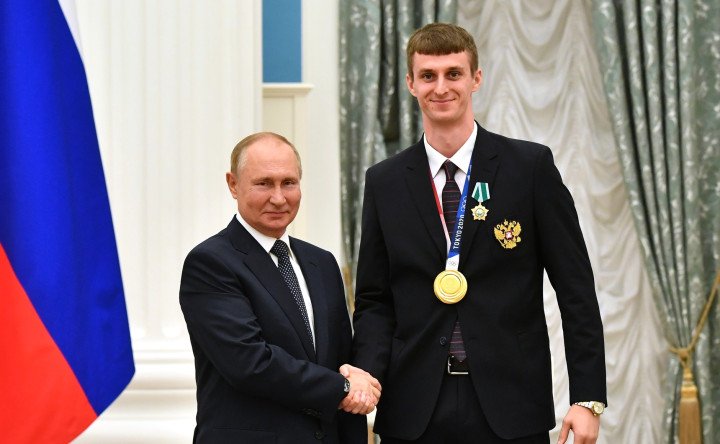
Here we take a closer look at the IOC’s decision. Does it have something to do with actual Olympic values? How does it correspond with the initial IOC’s statement released shortly after Russia’s full-scale invasion? And is this decision fair in regards to Ukrainian athletes?
Sports and politics intertwined
In his essay, The Sporting Spirit, famous English novelist and journalist George Orwell defined international sporting competitions as “war minus the shooting.” Back in 1945, he pointed out that sport evokes politicized hyper-nationalism and national pride. Many say that this seems to stand true today, though after almost 80 years, others still often repeat the cliché that “sport is beyond politics.”
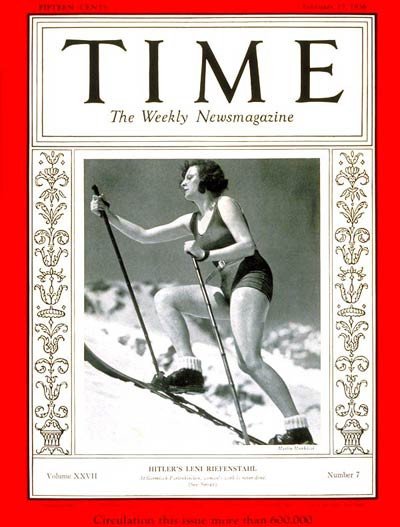
There have been a fair amount of occasions in history when politics influenced sports and vice versa. The Olympics has that direct link, too. If not for the politics, then how would you explain an America-led boycott—involving 66 counties—of the 1980 Summer Olympics in Moscow to protest the Soviet invasion of Afghanistan? Or the Eastern Bloc’s boycott of the Los Angeles Olympics four years later? Sports beyond politics? Doesn’t seem that way.
Unfair play for Ukrainians
The verdict that the International Olympic Committee made in late 2023 is quite confusing and seemingly contradictory to its initial statement in 2022. IOC sanctioned both Russia and Belarus not long after Russia’s full-scale invasion of Ukraine, barring them from hosting international sports competitions, prohibiting their flags or colors from being displayed at events, and urging all Olympic sports organizations to ban Russian and Belarusian athletes. So what has changed since then that made them seemingly change their minds?
One thing that has changed is the number of Ukrainian athletes and coaches killed by the Russians, now reaching more than 400 dead. The Russians have also partially or completely destroyed over 500 sports facilities in Ukraine.
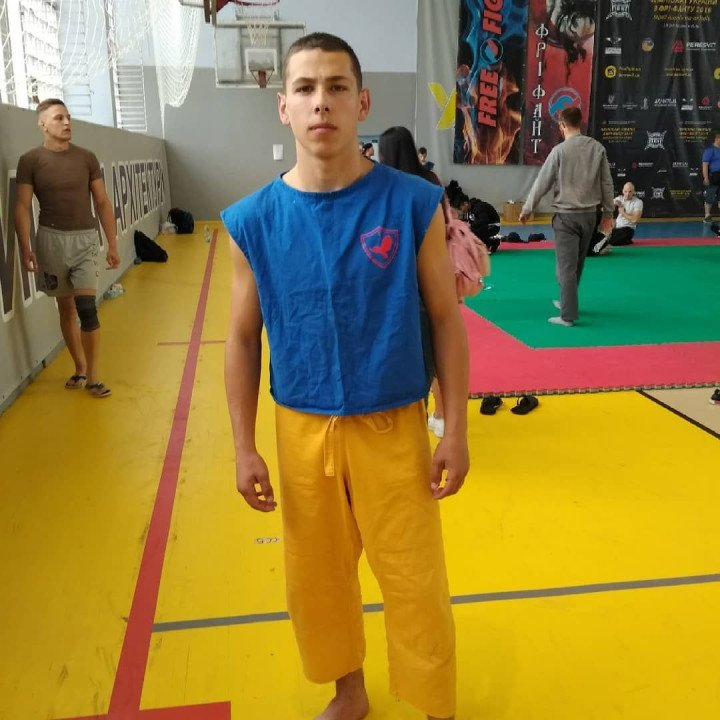
As the text on the IOC website reads, “The three values of Olympism are excellence, friendship, and respect. They constitute the foundation on which the Olympic Movement builds its activities to promote sport, culture, and education with a view to building a better world”. But hundreds of athletes and coaches won’t have a chance to experience those values. Because of Russia and the war it has unleashed against Ukraine.
In his vocal support for lifting the ban, the IOC President has also said that athletes should not be punished for the actions of their governments. The thing Mr. Bach doesn’t seem to like to talk about as much is that six of his colleagues at the IOC, the body in charge of organizing the Olympic Games, have Russian passports. Moreover, all of them are openly championing the invasion. Some are even taking part in it—like Vladimir Lisin—an oligarch whose companies deliver steel for the Uralvagonzavod, a plant producing Russian tanks.
In Russia, sport is not just another tool of propaganda, but also a part of the country’s military life. Ever since the Soviet Union, there have been sports clubs such as Central Sports Club of the Army (CSKA) and Dynamo which were subordinated to the NKVD. In essence, they were controlled and used as a tool by the USSR’s secret police agency that was in charge of the kidnapping, assassinations and mass deportations of ordinary people.
Not much has seemingly changed since. At the Beijing 2022 Winter Olympics, every third Russian athlete was a member of the Central Sports Club of the Army, and another 17 sportsmen were members of the National Guard of the Russian Federation, an internal military force of Russia.
As Slidstvo.Info have found, Russian Olympians receive salaries from the Ministry of Defense of Russia, have military ranks, and spread the aggressor’s propaganda. Since the beginning of the full-scale invasion, Russian athletes have taken part in a number of events organized by the authorities. In March 2022, some of them were present during a concert in honor of the annexation of Crimea. At the parade on May 9, one of the military columns was led by the gymnast Nikita Nagorny, a 3-time medalist of the 2020 Olympics.
Let’s also recall that the Russian invasion of Georgia and annexation of Crimea happened during the Beijing 2008 Olympics and Sochi 2014 Winter Olympics, respectively. We’ll leave you to judge for yourself whether that was a coincidence or a plan.
Neutral flag or no neutral flag, does Putin really care?
Dr. Ian Garner, historian and analyst of Russian culture and war propaganda, posted on Twitter, “The Russian state holds up athletes as embodiments of Russia’s national spirit, hailing them as examples both of Russia's innate ability to outperform its rivals and of Russian physical perfection. Russian athletes aren’t innocent. They play a huge role in the regime’s propaganda system—even those who compete under neutral flags and don’t explicitly consent to participating.”
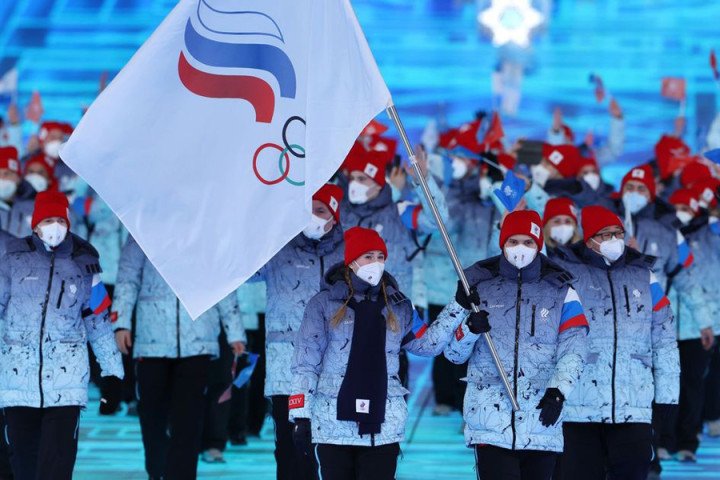
Simply put, being neutral for Russian and Belarusian athletes isn’t enough. Even if you aren’t an open promoter of war, state media will appropriate your sporting victories and make you complicit with the regime's efforts to propagandize its sportspeople as the embodiment of Russian supremacy.
One may argue that only those athletes who have not expressed support for Russia’s invasion of Ukraine nor been contracted to the military are allowed to compete. But how could one realistically monitor and determine that? Where is that borderline, and what exactly does the word ‘support’ stand for? Would they go through all sportsmen's social media posts, interviews, and stuff? Last, but not least, would they look at the list of Russian and Belarusian athletes who support the war released by Ukraine’s Ministry of Youth and Sports?
For instance, would they ban Vladislav Larin, a Russian taekwondo fighter who qualified for the 2024 Olympics and at the same time appeared in a video where he calls on residents of his home region to donate money for medicine and ammunition for Russian soldiers? They would not, because he has already received his permission to compete in Paris this summer.
And how to deal with those who haven’t condemned the war in public? What about those who stayed completely silent on the topic? As Matviy Bidnyi, the Temporary Acting Minister of Youth and Sports of Ukraine, said, “Even if athletes in no way expressed their opinion about the war, they express silent solidarity with the killers."
Russia was given a second chance too many times now
Providing half-measures for Russian athletes is something the IOC has been doing for years since the massive doping scandal of 2015. In 2016, the committee rejected World Anti-Doping Agency’s recommendation to ban Russia from the Summer Olympics and announced that a decision would be made by each sport federation with each positive decision having to be approved by a CAS (Court of Arbitration for Sport). As a result, the IOC cleared 278 athletes, while 111 were removed because of the scandal.
Starting from the 2018 Olympics in Korea, Russians compete under the white flag and their admission to the competition is overseen by a special commission. Russia knows it has to find a way for its athletes to compete—and the format of their inclusion in the Olympics doesn’t matter that much.
What’s next?
The 2024 Olympics will kick off in less than 4 months from now. As of today, 11 ‘neutral’ athletes (six with a Russian passport plus five with a Belarusian one) have qualified, and the number will increase.
At the same time, some of the International Federations didn’t lift the ban, i.e. in athletics. World Athletics President Seb Coe said, “You may well see some neutral athletes from Russia and Belarus in Paris, but they just won’t be in from athletics.” Well, if only more Sports Chiefs had such a based position as Mr. Coe.
What we know for sure is that Russia commits genocide at this very moment. It kills people, including athletes and coaches. It demolishes stadiums and other sports infrastructure. Russia hasn’t stopped or reversed its actions. There is no place for ‘business as usual’.
-ed36e2ea1038bb6c51c80f95db62009f.jpg)
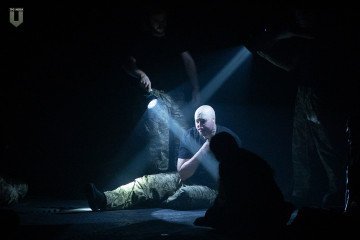
-554f0711f15a880af68b2550a739eee4.jpg)
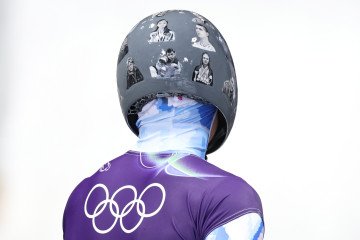

-6ead6a9dd508115a5d69759e48e3cad1.jpg)
-29a1a43aba23f9bb779a1ac8b98d2121.jpeg)
-7f50738271c122a9b5e663cb80703dd6.jpg)
